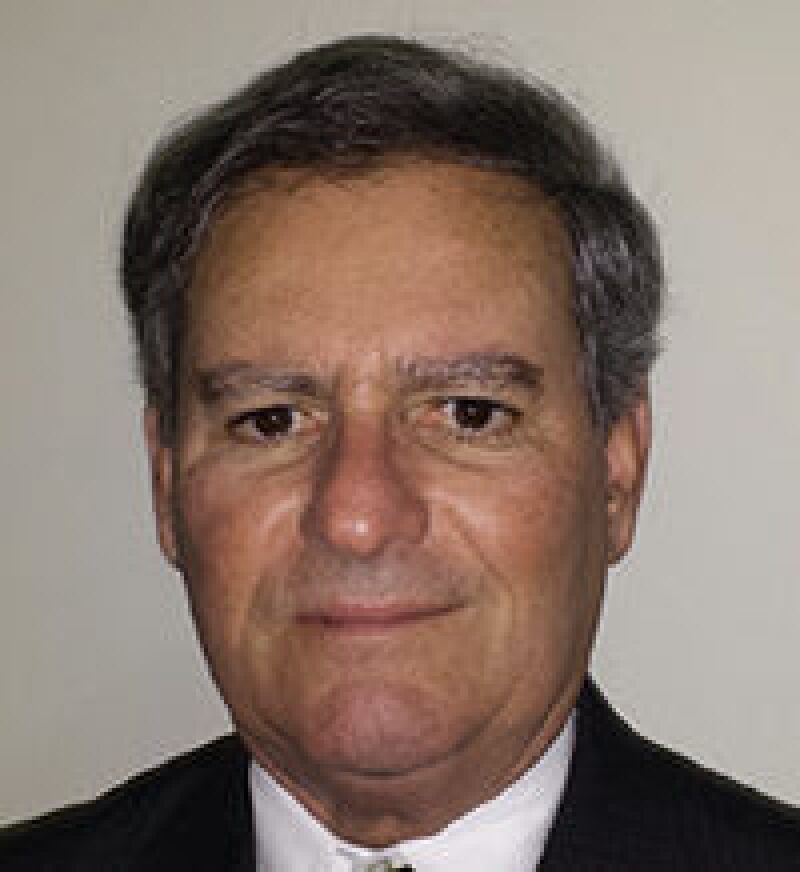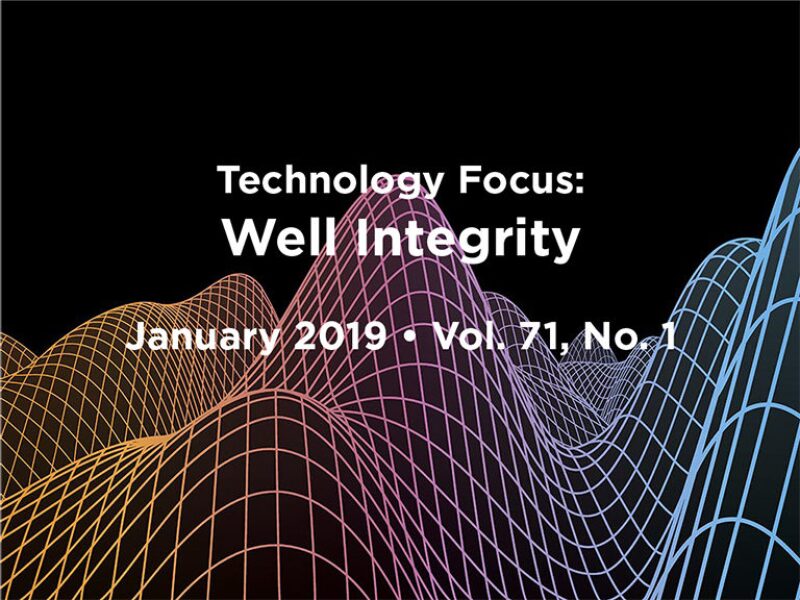Since the beginning of deepwater operations, hydrocarbons in the riser, especially natural gas, have been a plague to the oil and gas industry. The reports of gas-in-riser-related accidents are many, including deaths, blowouts, damage to multimillion-dollar facilities, collapsing risers, and environmental effects. Most infamous was the Deepwater Horizon blowout. If there had been any timely means of detecting the gas coming up the riser, all of these events could have been avoided easily by closing the blowout preventer. Since the 1980s, many technical works have focused on improving the ability to detect hydrocarbons inside the riser and safely remove them from the system. This trend gained extra momentum with the advent of systems such as riser-gas handlers and managed-pressure drilling.
One very important recent development in terms of research on gas in risers is happening at Louisiana State University (LSU). LSU was awarded a $4.91 million grant by the Gulf Research Program, an independent science-based program managed by the National Academy of Sciences. The 3-year project, currently under way, will use an actual well at the LSU Petroleum Engineering Research and Technology Transfer Laboratory to be recompleted with modern distributed instrumentation in combination with other laboratory-scale experiments being performed at LSU and project partners at Texas A&M University. The experimental data will be very important in verifying the theoretical parts of the project. Faculty members of both institutions will conduct the research studies. This project is expected not only to bring scientific and technical dividends, but also to develop competence and expertise of the personnel involved with the project. Furthermore, it will provide LSU with research facilities that may be used in other related full-scale projects and training of industry personnel in the prevention and controlling of gas-in-riser events.
This Month's Technical Papers
Model Simulates Gas Kicks in Nonaqueous Drilling Fluids
UAE Case Study Highlights Challenges of a Mature Gas-Condensate Field
Managed-Pressure-Drilling Equipment Augments Deepwater Well Contro
Recommended Additional Reading
OTC 27242 Mitigating Gas-in-Riser Rapid Unloading for Deepwater Dual-Gradient Well Control by Zhaoguang Yuan, Schlumberger, et al.
SPE 180292 Mathematical Modeling of Gas in Riser by Ulf Jakob Flø Aarsnes, IRIS/DrillWell, et al.
SPE/IADC 189403 Well Integrity: Next Developments by Bjorn Brechan, Norwegian University of Science and Technology, et al.

| Otto Luiz Alcantara Santos, SPE, is a faculty member at Louisiana State University and instructor of well-control and advanced well-construction technologies. During almost 40 years, he worked as a Petrobras well-construction engineer. Santos holds a BS degree in civil engineering and an MS degree in petroleum engineering from the Colorado School of Mines and a PhD degree in petroleum engineering from Louisiana State University. He was also a faculty member at the University of Tulsa in 1994. Santos has written several technical papers on well-construction technology, especially on well integrity and directional and horizontal drilling. He is the author of the book Well Control in Drilling Operations and coauthored the book Directional Drilling. Santos is editor of the SPE book Drilling and Production Operations in HPHT Wells. He was an SPE Distinguished Lecturer for 2009–2010. Santos is the section chairperson of the SPE Bahia/Sergipe Section and has served or is currently serving on several SPE committees. He is also a member of the JPT Editorial Committee. In 2010, Santos received the International Association of Drilling Contractors (IADC) Exemplary Service Award, and he is currently an auditor for the IADC WellSharp program. He can be reached at ottolasantos@gmail.com. |


